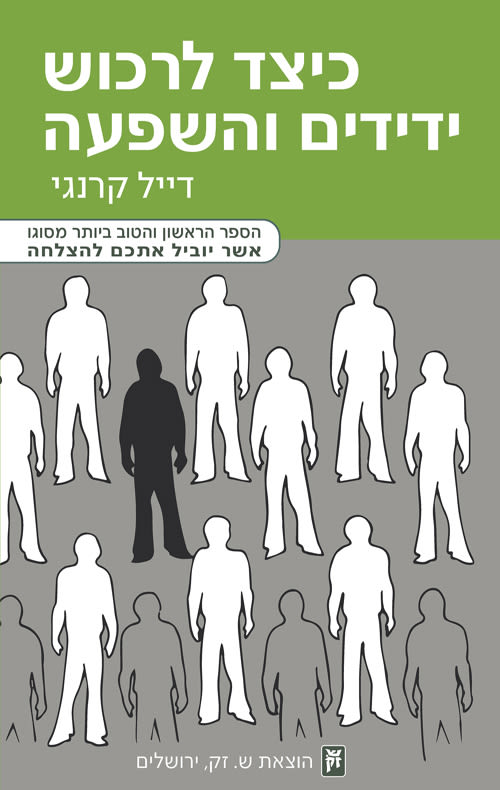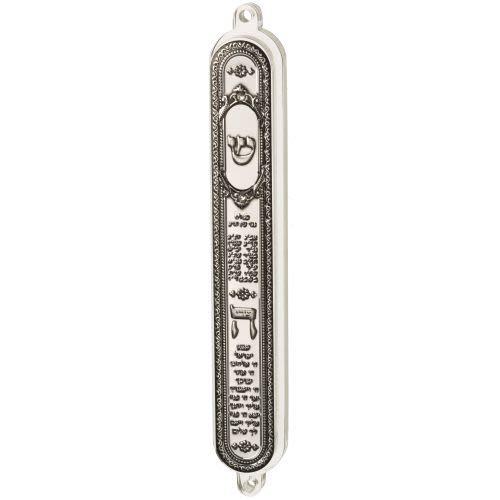
Living the Simple Life – Part 2
How are people able to afford all the luxuries and non-essential stuff they buy? Many people can’t afford it – they're strung out on credit-card debts…

This article is a continuation of my article Living the Simple Life, in which I raised 9 questions having to do with the dangers and risk factors of living a material lifestyle. In this article, I will answer the remaining questions which are the main questions that we need to focus on. In so doing I hope to show why it doesn’t make any sense to make material possessions and “things” a priority in our lives, and how we can divorce ourselves from this yetzer hara (evil inclination).
We left off on question #4 which is: How are people able to afford all of these luxuries and non-essential stuff? The truth is that many people can’t afford it. I speak to many people who are totally strung out on credit card debt, or who are looking at an inevitable foreclosure on their homes.
In most cases, the way people support their addiction for buying is by doing anything that they can to make more money so that they can keep up with the Jones. That means that if you have a choice between a job that you find fulfilling or one that pays a higher salary, don’t think twice – take the money not the personal satisfaction. Okay so you’re working at a job that you really hate but it pays well, doesn’t it? Your motivation for working is to make the biggest paycheck that you can so you can buy more stuff or feel more powerful.
The problem here is what psychologists call a lack of intrinsic motivation. Work is supposed to be an enjoyable activity that gives you the feeling that you are working for a cause that you believe in or for values that are important to you. When people are working just to get money to buy things or to pay the bills or make the payments on all the excessive purchases that they made, then they end up feeling dehumanized and sad. They will feel that they have sold their soul to the Devil. This person will never be happy no matter how big a house he lives in because his real life can never be in something physical. He  has no life if he is not true to himself and attached to his Creator. People like this end up resenting that they are just a cog in the wheel and that they must work harder and harder as they grow older just in order to keep the dream alive that they are a “somebody” and that all of their years of “dedication” to the dream was not a colossal tragedy (which, of course, it really was).
has no life if he is not true to himself and attached to his Creator. People like this end up resenting that they are just a cog in the wheel and that they must work harder and harder as they grow older just in order to keep the dream alive that they are a “somebody” and that all of their years of “dedication” to the dream was not a colossal tragedy (which, of course, it really was).
The simple truth is that it is far better to not want anything except Hashem. That means just accept whatever it is that Hashem gives you and lead a simple life of Torah and mitzvot. Make an effort to support yourself but make Torah and mitzvot your first priority. Don’t work just to be successful. Work so that you can learn or so that you can spread emuna or so that you can teach emuna. If you make your first priority the work that you do for Hashem, like organizing events for Rabbi Arush or distributing Rabbi Brody’s books and CD’s or becoming an emuna coach so that you can help people to make this shift in their lives, then Hashem will certainly send you all of the material things that you need for your work.
I live in a community where almost nobody works. Granted, the lifestyle here is not for everybody, but the ideals that this town is based on are for everybody. The people in my community don’t have much in the way of material possessions. If you go into the average apartment here, you’re likely to see some pretty old furniture. But what you will notice in these homes is something that I didn’t see in many of the affluent homes that I visited as a therapist in Borough Park, Williamsburg, Monsey, and the Five Towns. There is happiness in these homes because there are Torah values here and the light of Torah illuminates the hearts of Jewish people in a way that nothing else can. The less that we own the better we feel. Sometimes we eat less and sometimes we eat more but we appreciate a meat cholent (stew) more when we can’t always have one. We keep an eye on our expenditures and feel grateful for what G-d gives us. Out of necessity we’re careful to not run up the electric bill to heat the apartment in the winter or for air conditioning in the summer. You naturally feel more grateful for the heat when you can afford to turn it on and you feel so blessed that you at least own an air conditioning unit and can turn it on when the weather is blisteringly hot.
When people desire “stuff” they put themselves into a state of “need” and “want”. This makes people sad because it takes them away from the feeling that G-d is looking out for them right now. People feel sad when they feel that they are losing something. But what did you really lose if you wake up at the red light and realize that you don’t have the luxury apartment on the bill board that you just passed, which you were fantasizing about having. So what! It was just a fantasy all that you “lost” – nothing more. So why be sad? You never had that apartment to begin with, so why be sad that you don’t have it now? Thank Hashem that you don’t have it and that your happiness doesn’t come from external things.
A young man who came to me told me that he was confused about whether he should buy a new car or not. His Rebbe told him that he should buy the car because it would give him more self-esteem and a feeling of independence. He said that he wasn’t sure if he should buy it because he didn’t know if he could make the payments on it. I asked him how he has been getting along without the shiny new car and he said that of course it might be more convenient to have a car but that maybe it would not be as convenient as the thinks because with buses he doesn’t have to worry about finding parking in busy Jerusalem or getting parking tickets. In the end, he realized that he had felt much more anxious after the idea of buying a car was put into his mind. He ultimately decided not to buy the car and has returned to a more serene state of feeling self-reliant and reliant on Hashem.
The baal teshuva movement which is the movement to return to Hashem is flourishing like never before. The reason for this is that we are very close to the coming of the Messiah and people can feel it. Now is the time that many people are coming to Israel where materialism is almost unheard of. Most of the young American students who are here are planning to stay sometimes even when they must oppose their parents who want them to return to the U.S. and give up their idealistic ideas about living a life of simple service to Hashem.
The answer to the final question as to why we are seeing a massive spiritual hunger emerge in an era of prosperity and affluence is the following: G-d has accelerated the growth of science and technology, and has allowed for so many things to tempt us into forgetting about Him as a test to see if we will choose Him or still run after the symbolic “Tree” that tempted the first man and woman. May we all choose the right path – which is an old path – the path of living a simple day-to-day existence serving Hashem. We need to dedicate ourselves to learning about Him and about His Torah so that we can teach others about the good life that we have found for ourselves and our families.










Tell us what you think!
Thank you for your comment!
It will be published after approval by the Editor.